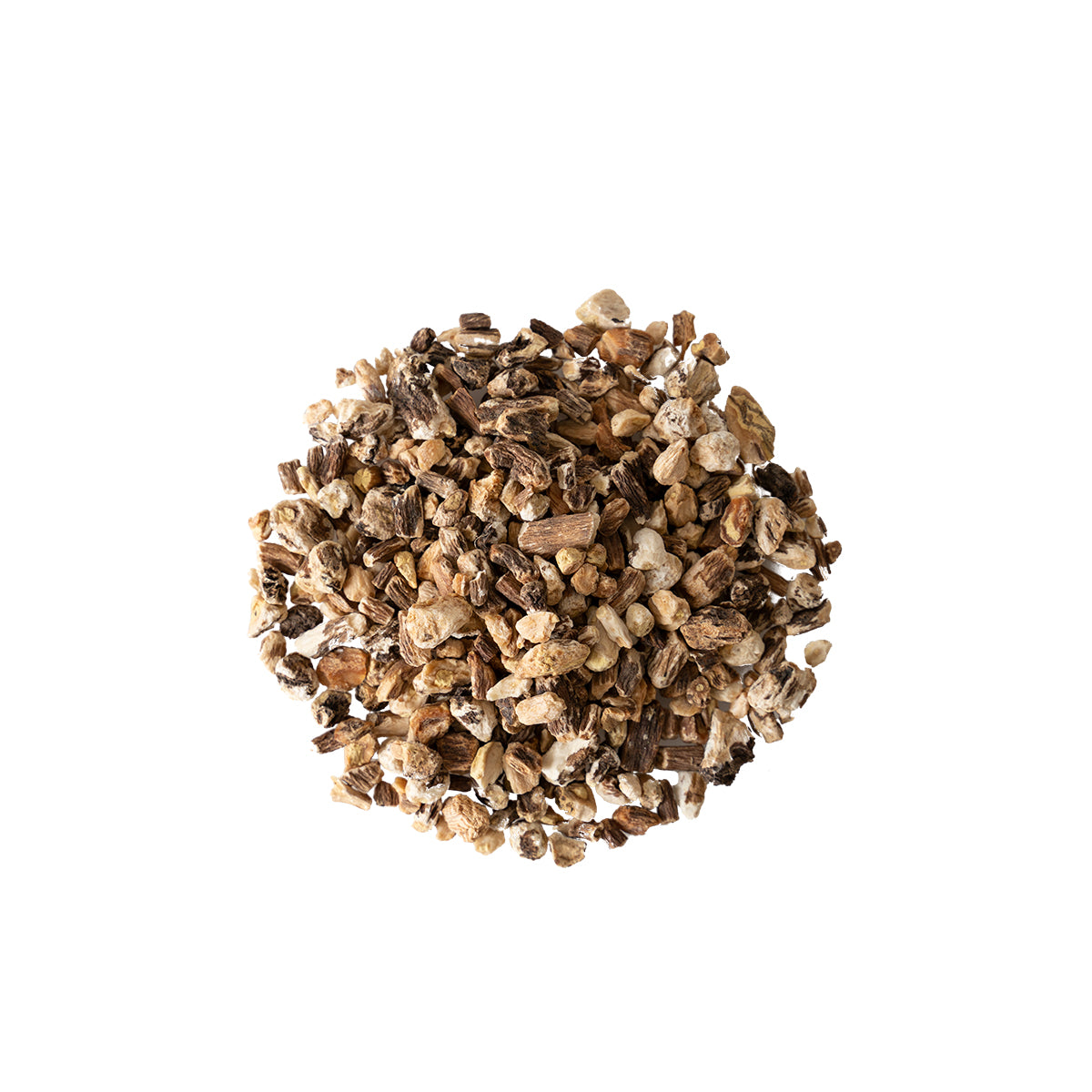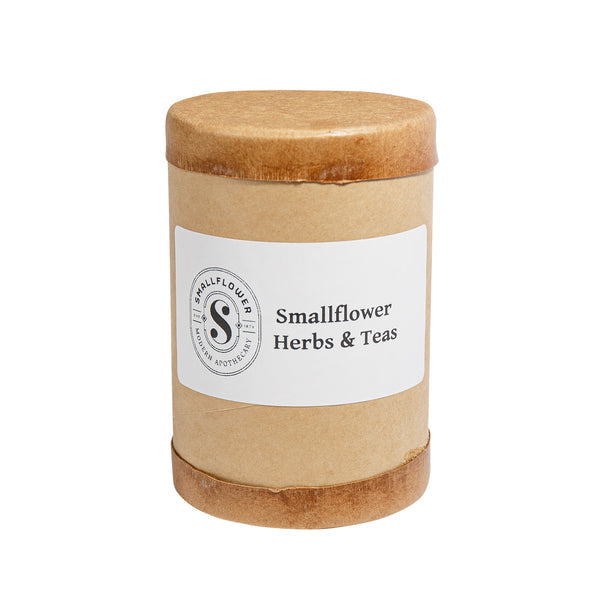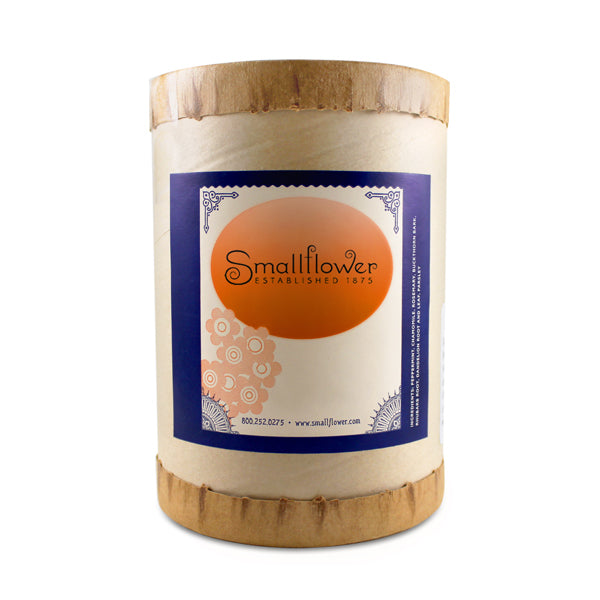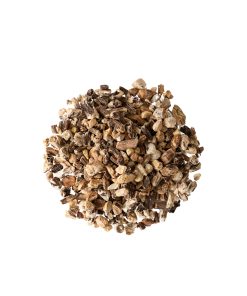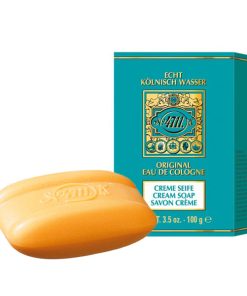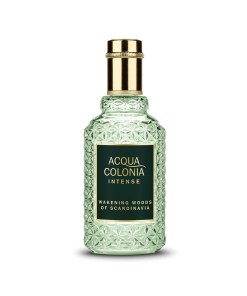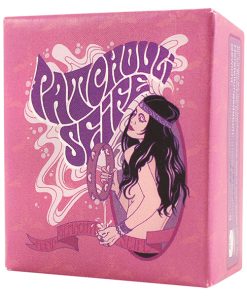Smallflower Dandelion Roots (Taraxacum officinalis) (8 oz) #11265 Smallflower
$ 20,00 $ 12,00
Dandelion (Taraxacum officinalis) There may be no herb more precious and more oft maligned than the mighty dandelion! It is named Dent de Leon in French for the lion’s tooth its basal leaves resemble, but this plant is also very “lionesque” in the way it dominates in every environment it inhabits. The Dandelion is a perennial in the Asteraceae family, originally native to Eurasia, but now thrives in every temperate region it’s found in from the British Isles to the US and beyond, popping up in backyards, roadsides and parking lots. Its ability to thrive like this is due in part to the fact that it spreads its tiny, abundant seeds on the wind, and also that it grows a deep and strong taproot that is very difficult to disrupt once it’s taken hold. The Dandelion may be considered an annoyance in our contemporary lawn culture, but it has been held in high esteem for centuries as a medicinal herb, nutritious food, flavoring, textile dye, and even alcoholic beverage. Dandelion is perhaps best known and beloved in its herbal capacity as a bitter used for liver support. It makes a great bitter tea or tincture, either to be used before meals to stimulate digestion, or as the base of a bitters mix for cocktails. Dandelion Root has a rich, bitter flavor. It can be decocted and steeped as tea, or tinctured. It’s great on its own, or combined with burdock, angelica or other bitter herbs for healthy digestive support.
Common names: bitterwort, blow-ball, cankerwort, clockflower, Irish daisy, lion’s tooth, priest’s crown, puffball, swine’s snout, telltime, and yellow gowan
| Size | 8 oz |
|---|
Fast Shipping and Professional Packing
Our long-standing partnership with UPS FedEx DHL and other carriers around the world lets us offer a range of shipping services. Our warehouse employees will pack all goods to our exacting specifications. Your goods are thoroughly checked and securely secured prior to shipment. We deliver to hundreds of thousands of customers each day in different countries. This shows our commitment to become the biggest online retailer on earth. The warehouses and centers of distribution are located in Europe, as well as the USA.
Orders with more than 1 item are assigned processing times according to each item.
We will thoroughly inspect all items ordered before shipping. The majority of orders will be delivered within 48 hours. It is expected that delivery will take between three and seven days.
Returns
Due to multiple parties which include the factory as well as the warehouse, we are unable to effectively manage inventory. The stock levels may fluctuate at any given time. Be aware that it is possible that your order will run out of stock even after you have made the order.
Our policy lasts for thirty days. We cannot exchange or refund your order if it has been 30 days from the date of purchase.
The item you purchase must be in its original packaging and be unused. The item must be in the original packaging.
Related products
Aftershaves
European Soaps
